TrueAudio Next
The SDK for accelerated GPU and multi-core audio
AMD TrueAudio Next is a software development kit for GPU accelerated and multi-core high-performance audio signal processing.
Download the latest version - v1.2.2.4
This release adds the following features:
- SteamAudio.
Benefits
TrueAudio Next provides pre-optimized library functions for computationally expensive algorithms such as time-varying audio convolution, FFT/FHT, and audio-oriented vector math. Sample applications and examples are included to facilitate integration into audio applications. The SDK also provides GPU utility functions that support AMD GPU Resource Reservation, a technology that allows audio to share resources on the GPU with graphics while avoiding impacts to quality-of-service.
The SDK comes packed with the following features:
- Fast OpenCL™ parallel batch convolution engine.
- Multi-threaded, multi-queue, real-time architecture
- Extendable open source API.
- CPU and GPU implementations for all functions.
- Sample applications for GPU acceleration of high-performance audio for gaming and professional applications.
The TAN SDK provides real time audio applications the ability to leverage the OpenCL™ toolchain and to co-exist with graphics.
Accelerating game audio on the GPU frees CPU bandwidth for game physics and AI, while enabling advanced interactive acoustics modeling on many audio streams.
Advanced audio processing has greatly increased compute requirements:
- Physics-derived audio benefits from real-time, time-varying convolution performed on every audio source. TAN Convolution leverages the power of the GPU to provide reliable time-varying convolution for many audio sources, without blocking the graphics compute queue.
- Higher-order Ambisonics rendering (3rd order or higher) adds the most environmental realism, but can require 16, 25 or 36 time-varying convolution filters per audio source. TAN makes these higher filter counts practical and simple to implement.
- Most advanced audio algorithms depend on high-performance FFT or FHT (Fast Hartley Transform). The TAN library enables these algorithms to leverage the GPU.
- A mixing application is included so that multiple audio sources can be mixed locally on the GPU to minimize data transfer overhead.
- The TAN library may be used in conjunction with Radeon Rays as foundational accelerated algorithms for a complete physics-based audio solution.
Requirements
- AMD Radeon™ Software Adrenalin 18.2.1 (17.50.17.03) or later
- Microsoft® Windows® 7, Microsoft® Windows® 8.1 or Microsoft® Windows® 10
- AMD APP SDK (Version 3.0 or later)
- Examples are built with Visual Studio® 2013 or 2015
Our other SDKs
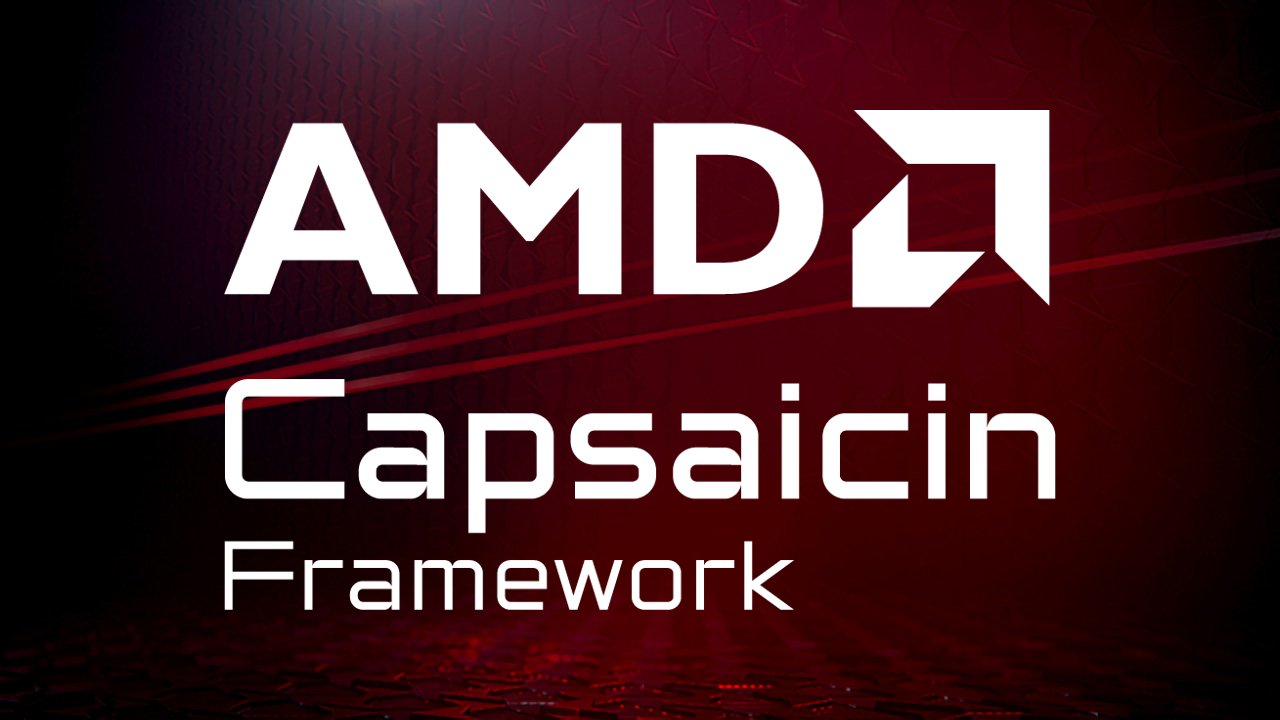
Capsaicin is a Direct3D12 framework for real-time graphics research which implements the GI-1.0 technique and a reference path-tracer.
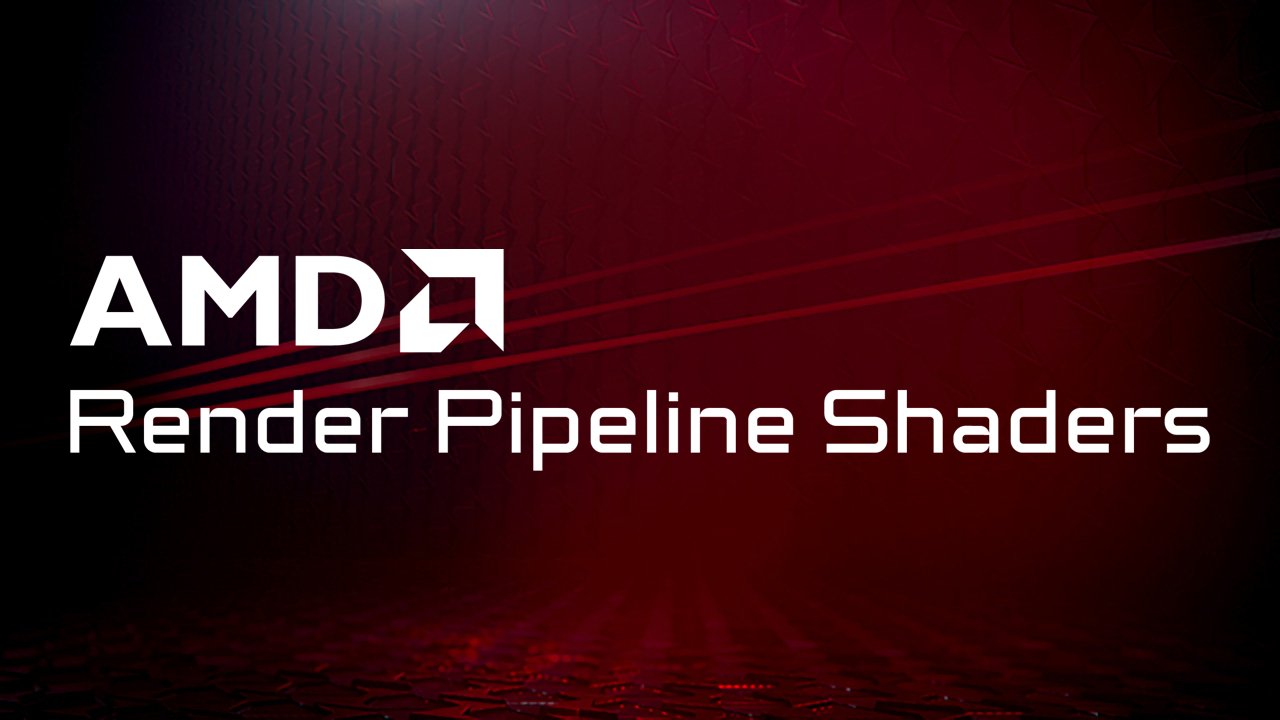
The Render Pipeline Shaders (RPS) SDK provides a framework for graphics engines to use Render Graphs with explicit APIs.
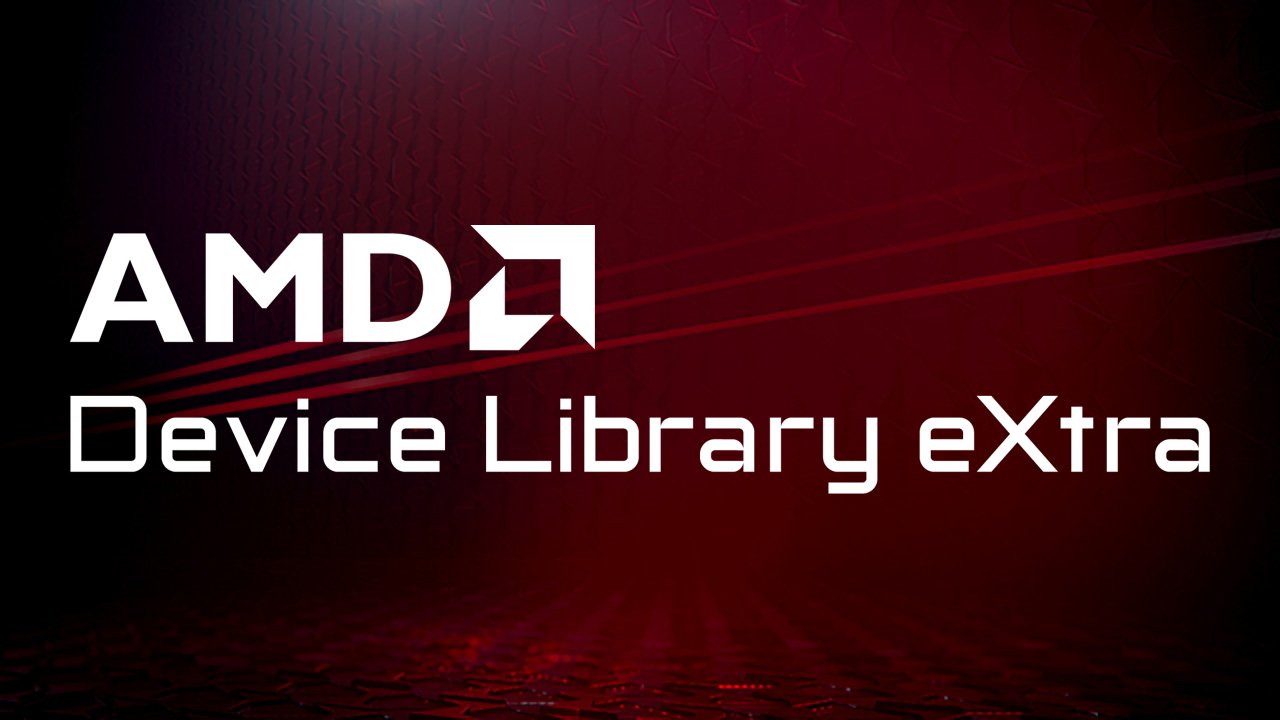
ADLX is a modern library designed to access features and functionality of AMD systems such as Display, 3D graphics, Performance Monitoring, GPU Tuning, and more.
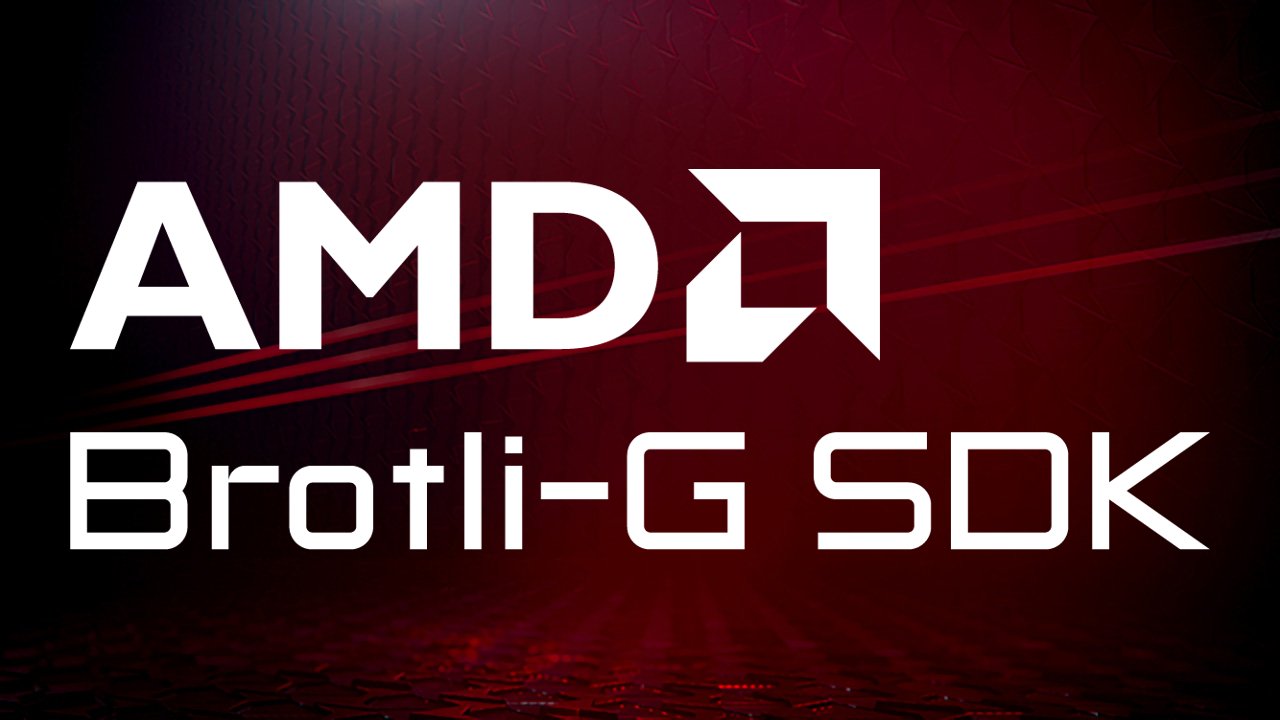
Brotli-G is an open-source compression/decompression standard for digital assets (based on Brotli) that is compatible with GPU hardware.
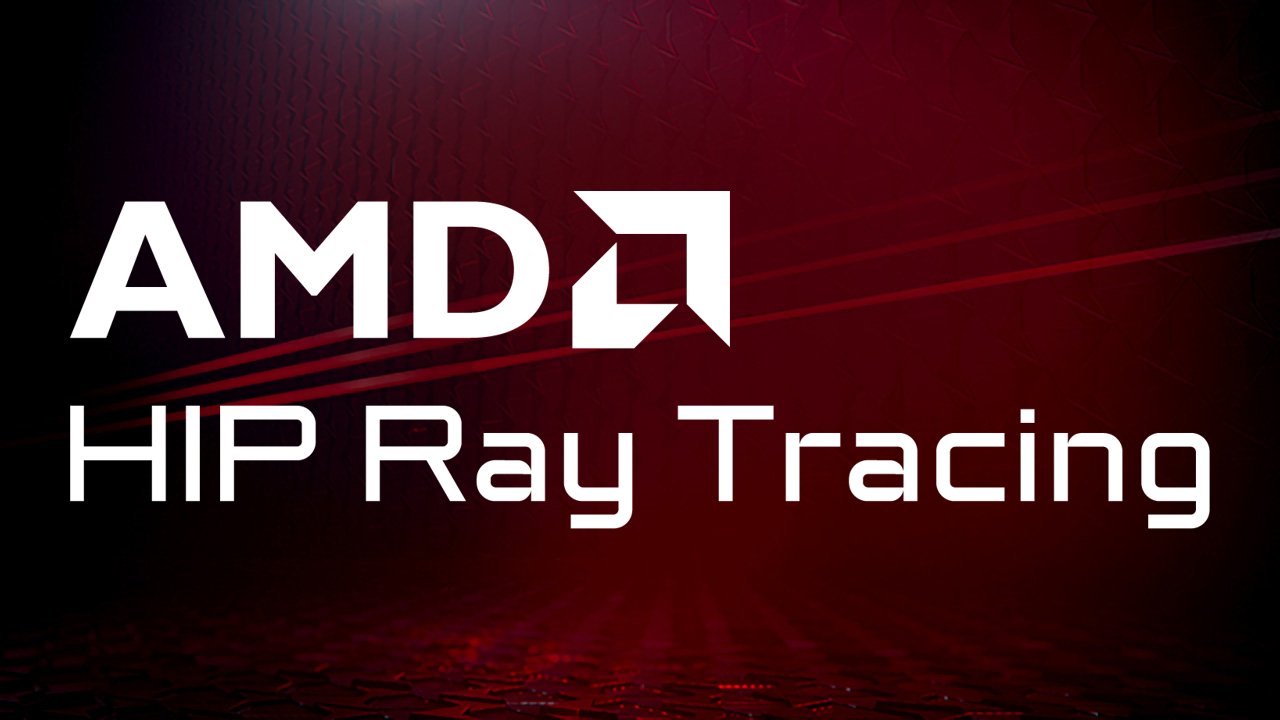
HIP RT is a ray tracing library for HIP, making it easy to write ray tracing applications in HIP.
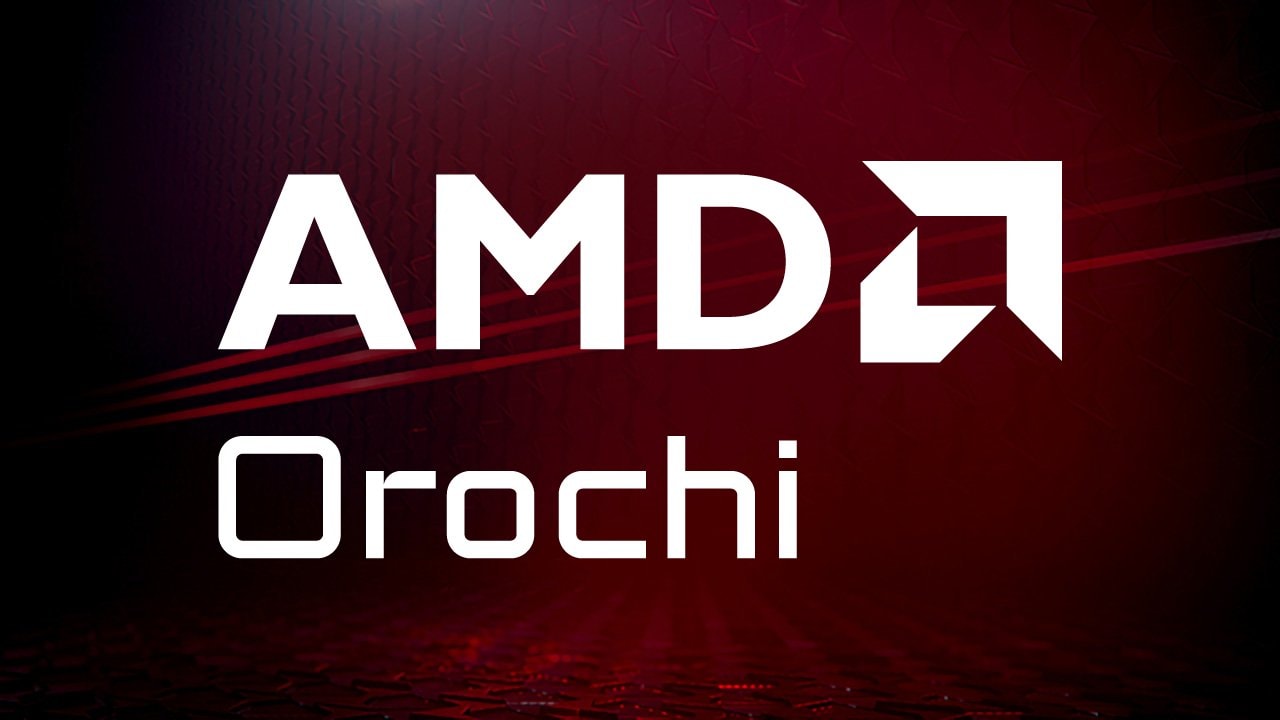
Orochi is a library which loads HIP and CUDA® APIs dynamically, allowing the user to switch APIs at runtime.
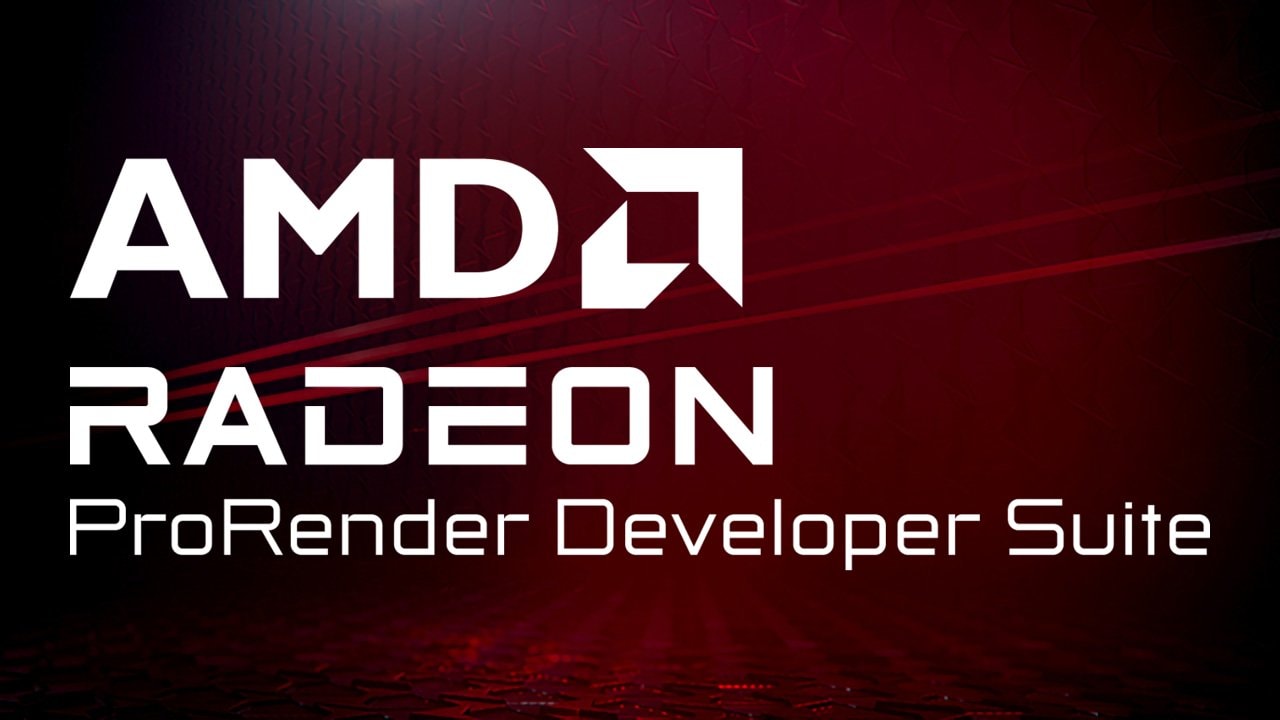
AMD Radeon™ ProRender is our fast, easy, and incredible physically-based rendering engine built on industry standards that enables accelerated rendering on virtually any GPU, any CPU, and any OS in over a dozen leading digital content creation and CAD applications.
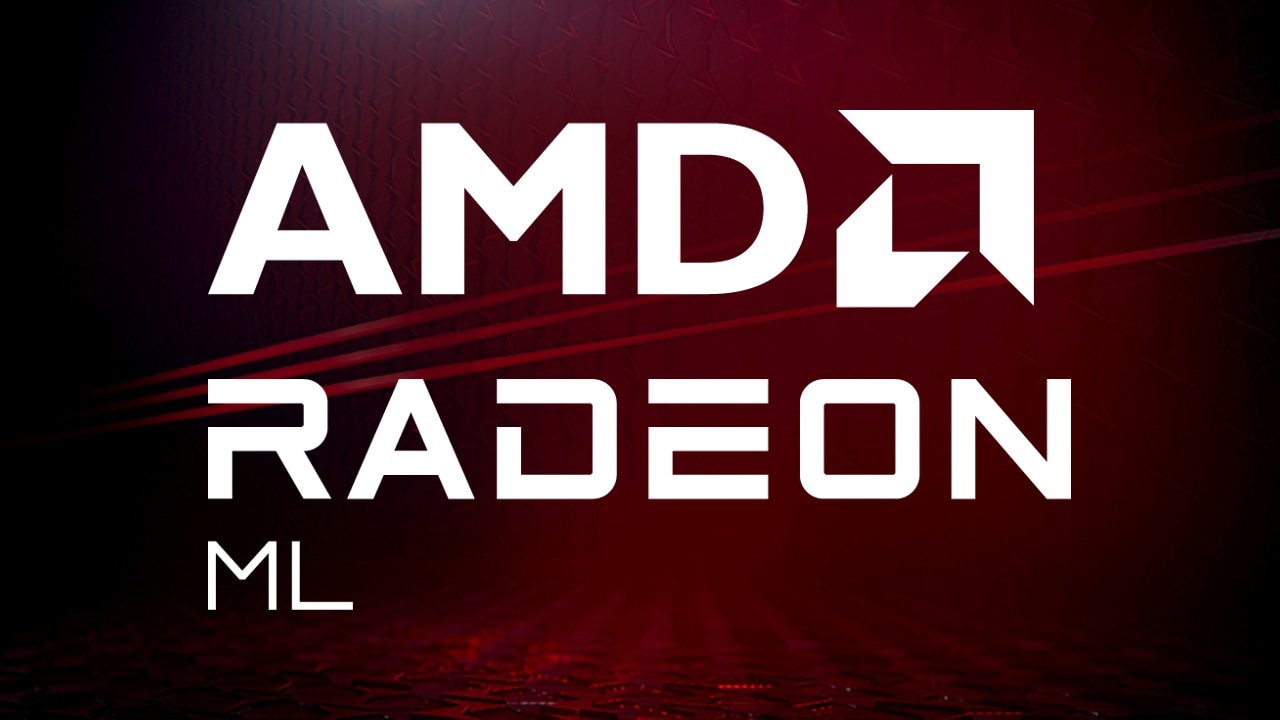
Radeon™ Machine Learning (Radeon™ ML or RML) is an AMD SDK for high-performance deep learning inference on GPUs.
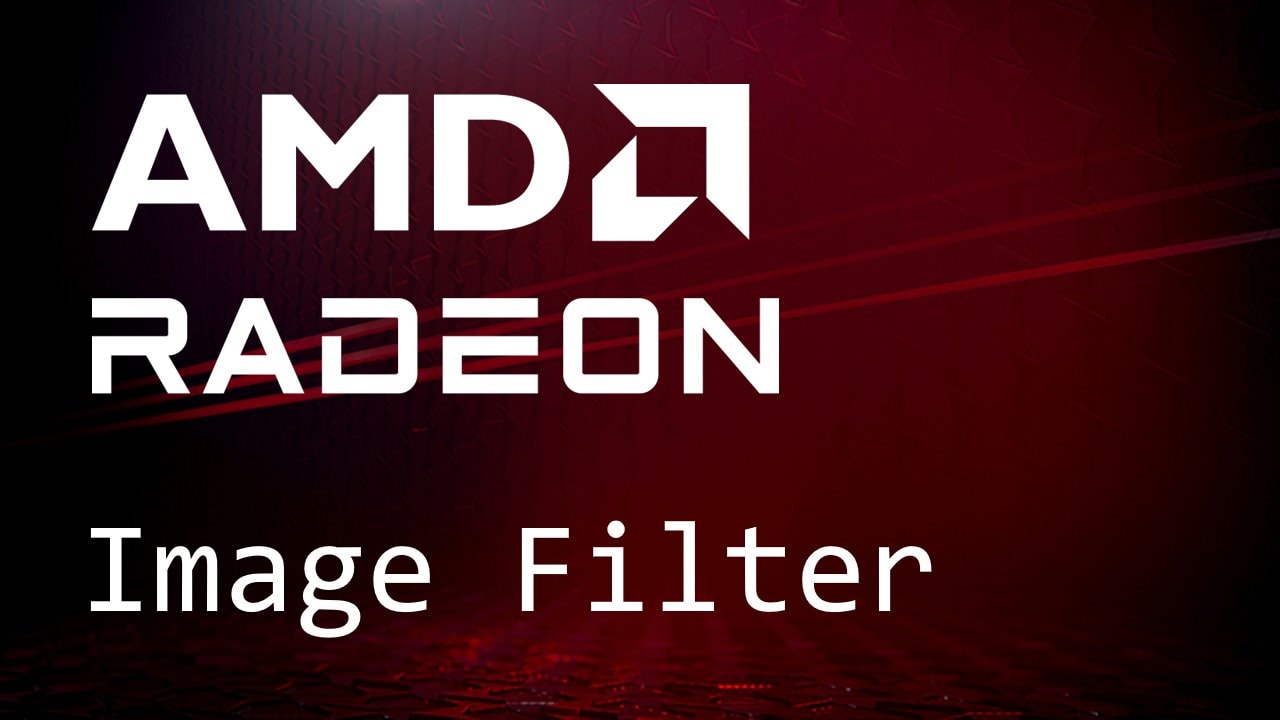
Harness the power of machine learning to enhance images with denoising, enabling your application to produce high quality images in a fraction of the time traditional denoising filters take.
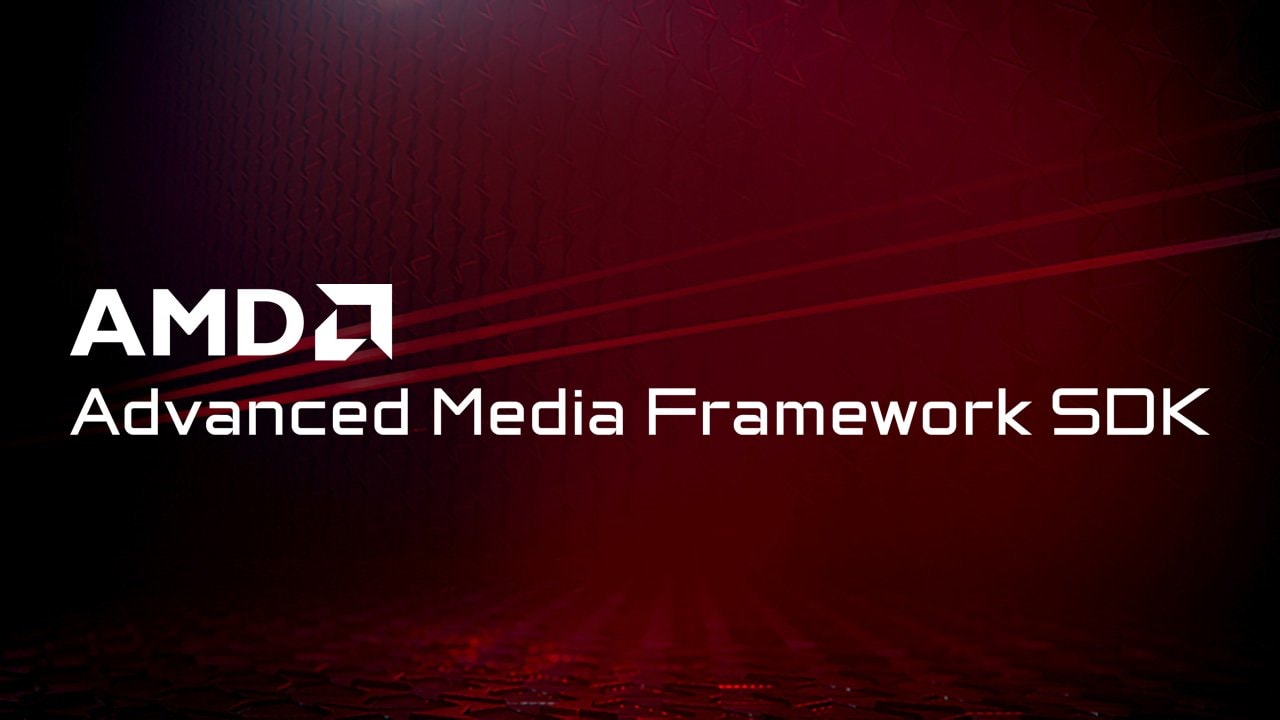
The Advanced Media Framework SDK provides developers with optimal access to AMD GPUs for multimedia processing.
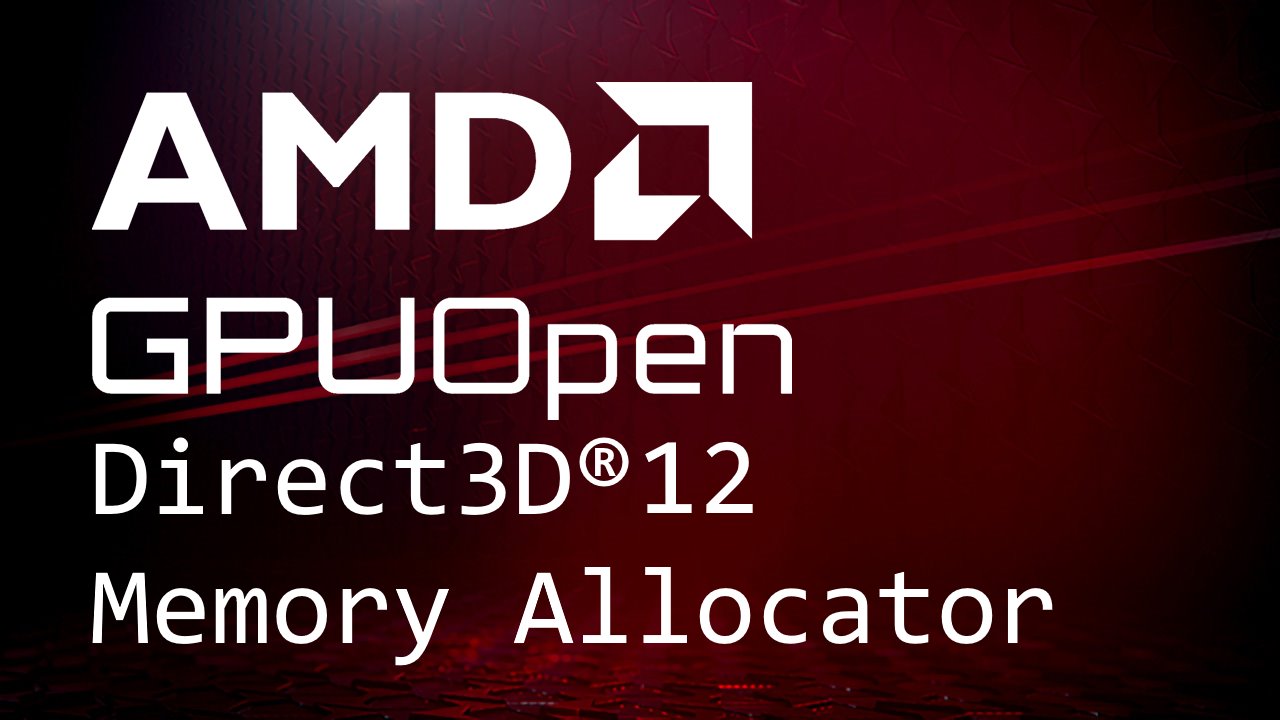
The D3D12 Memory Allocator (D3D12MA) is a C++ library that provides a simple and easy-to-integrate API to help you allocate memory for DirectX®12 buffers and textures.
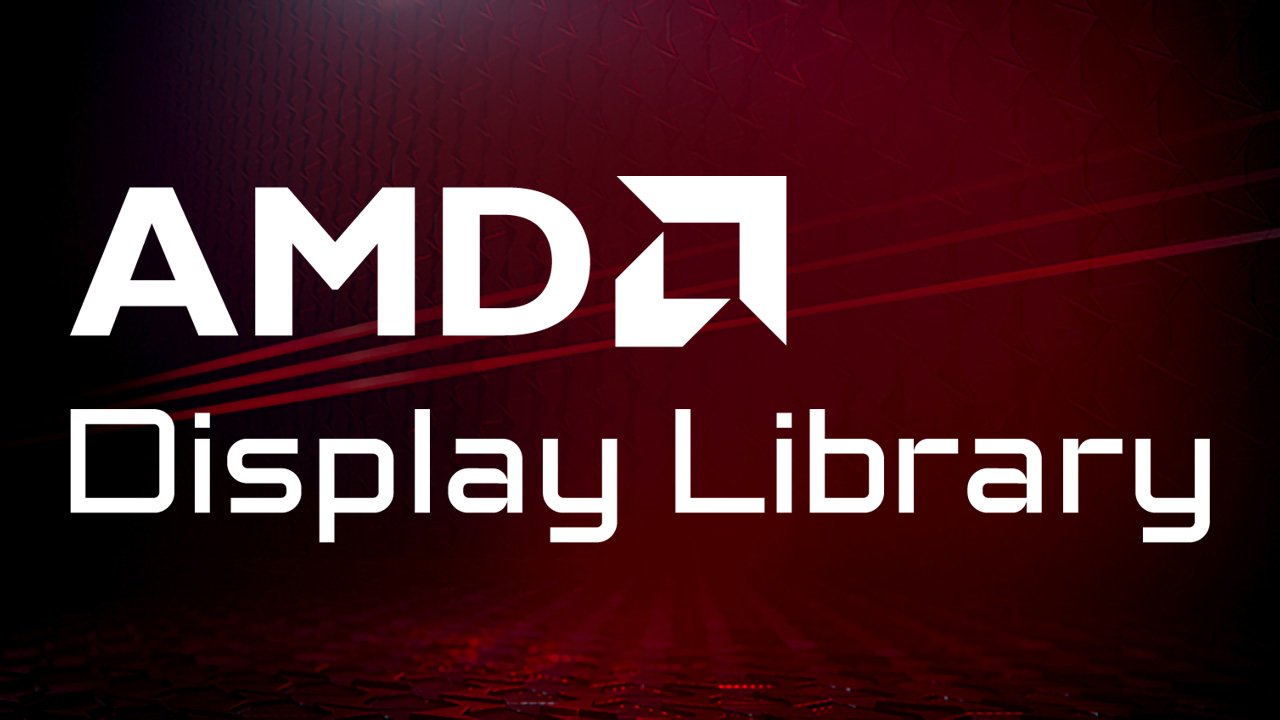
The AMD Display Library (ADL) SDK is designed to access display driver functionality for AMD Radeon™ and AMD FirePro™ graphics cards.

